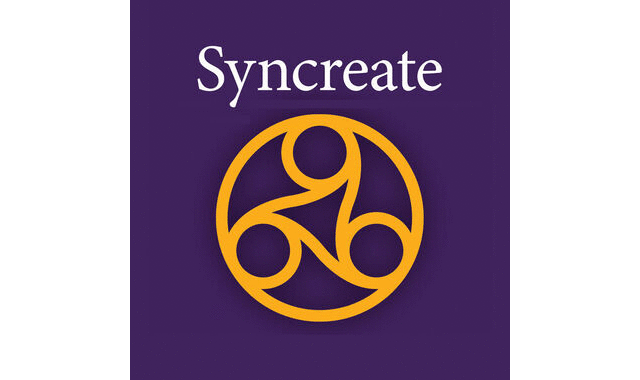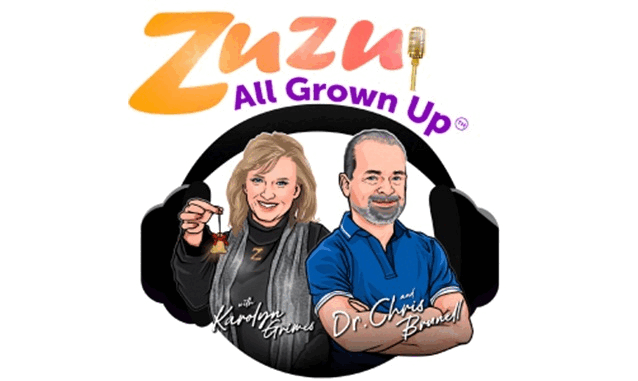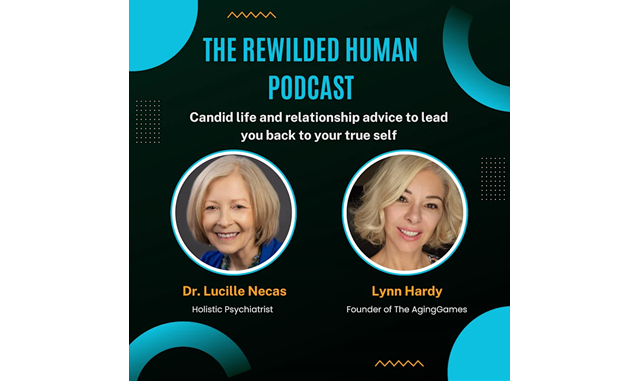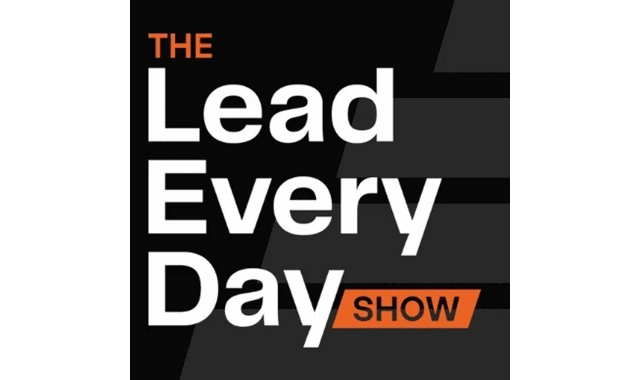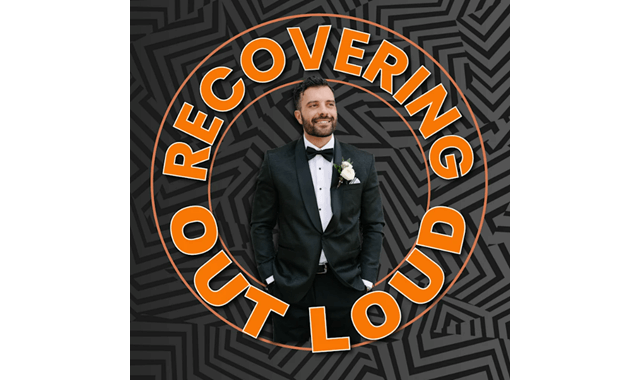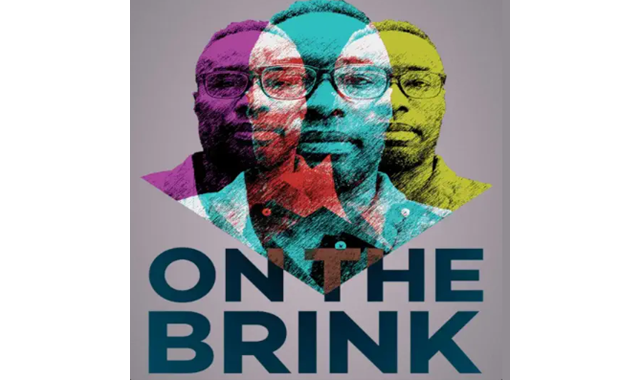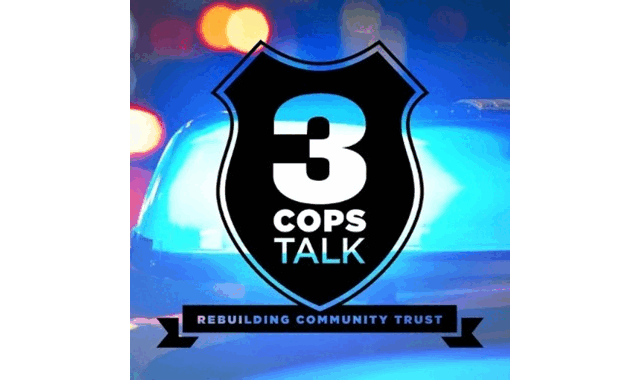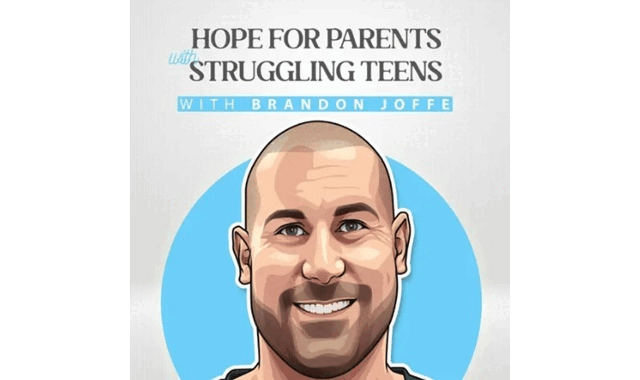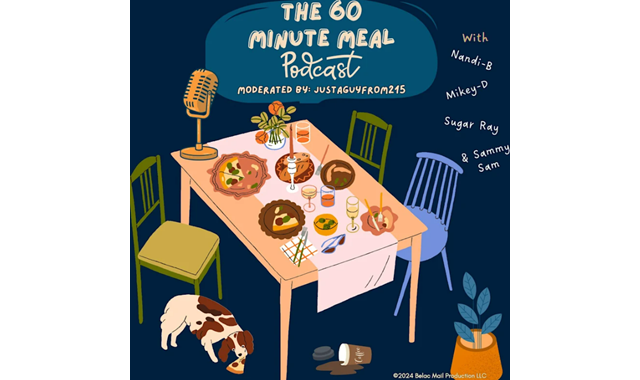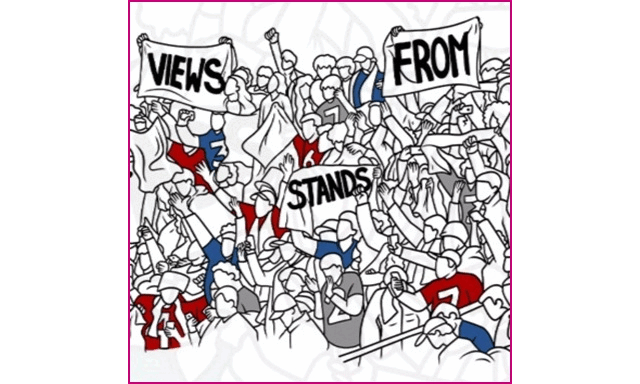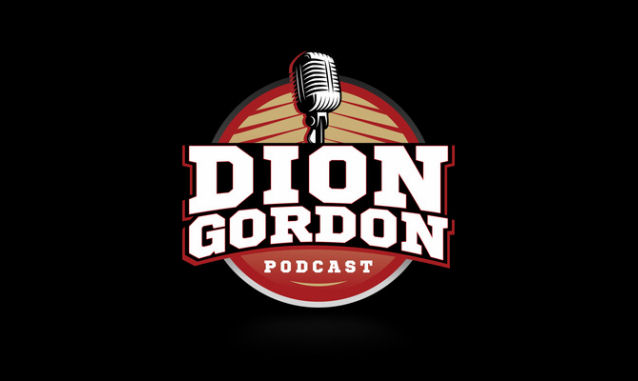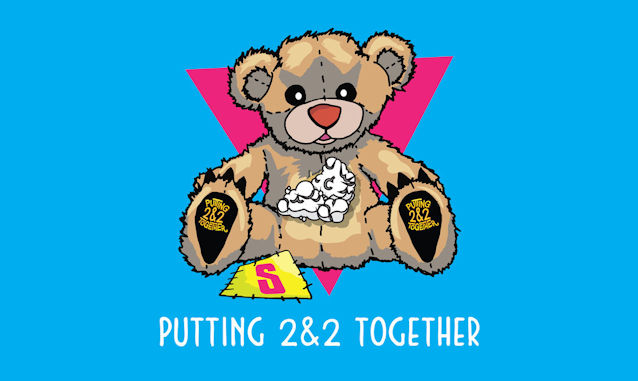World's First and Largest Podcast Network Founded in 2005
Highlighted Podcast Directories




Today's Podcast Episodes For Sunday, 7/13/2025
Promoted Episode
Sponsored Podcasts
Newest Podcasts
Top Podcasts...
Latest Episodes

244 – Death By 1000 Cuts (This Is Why You Are Stuck)
From the podcast The Frankie Lee Podcast
Released 7/12/2025

Upside #48 – Defence The Only Game In Town? Are We Peak LLM? WFH Killing Me Softly…
From the podcast Upside Podcast With Dan Bowyer & Mads Jensen – SuperSeed
Released 7/12/2025

Why Aya Gold & Silver Could Explode In Value!
From the podcast In it to Win it
Released 7/12/2025
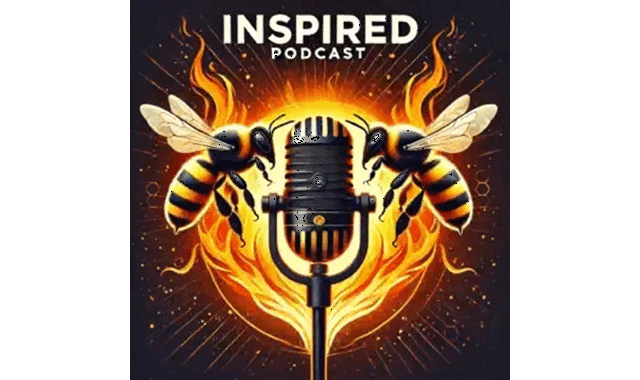
Mastering Leadership: Communication, Trust, And Mentorship With Doug Thorpe
From the podcast BEE INSPIRED! Stories of Change by Caroline Biesalski: Entrepreneur, Investor, Bestseller Author
Released 7/12/2025

EP112: The Road Ahead
From the podcast The Vibe You’re In by Michael Santana & Will Molina
Released 7/12/2025

James Gunn’s DCU: What Comes After Superman?
From the podcast Podcasting While Nerdy
Released 7/12/2025

Would You Sell Everything And Live In An RV?
From the podcast Zestful Aging with Nicole Christina
Released 7/12/2025

Shot, Drink, Or Flip?
From the podcast The Warner Brothas Podcast
Released 7/12/2025

The WhatsApp Founders Who Got Rejected By Facebook
From the podcast AI Talkshow Podcast With Deedee and Ferdi
Released 7/12/2025




